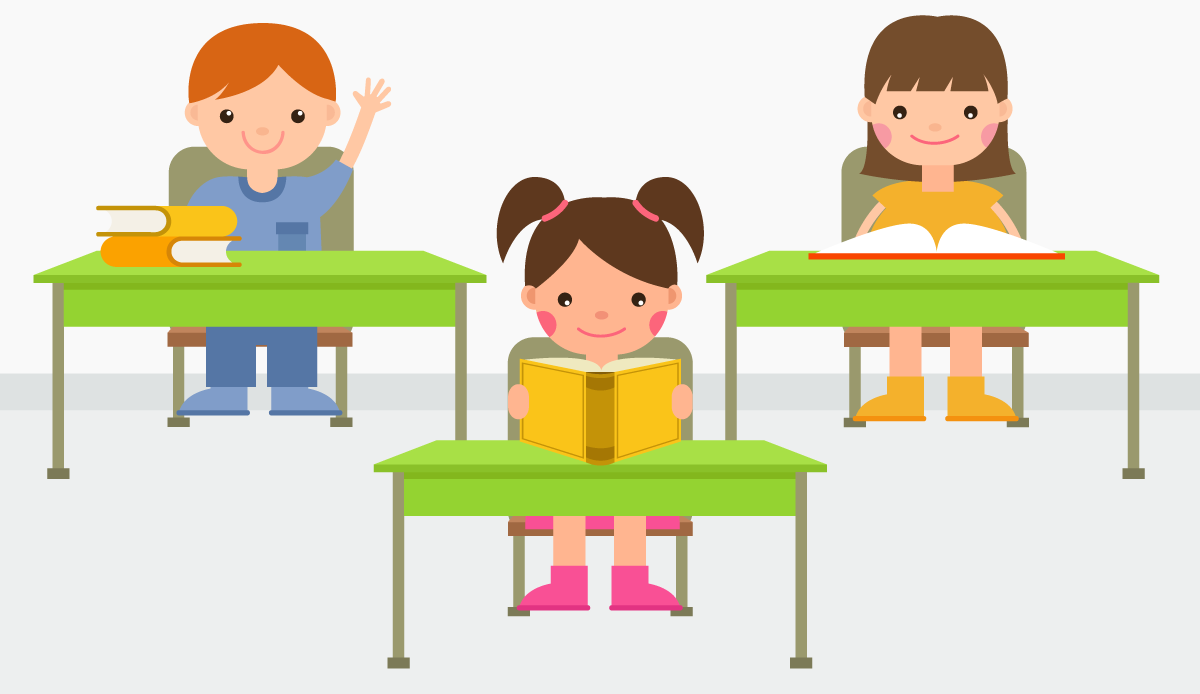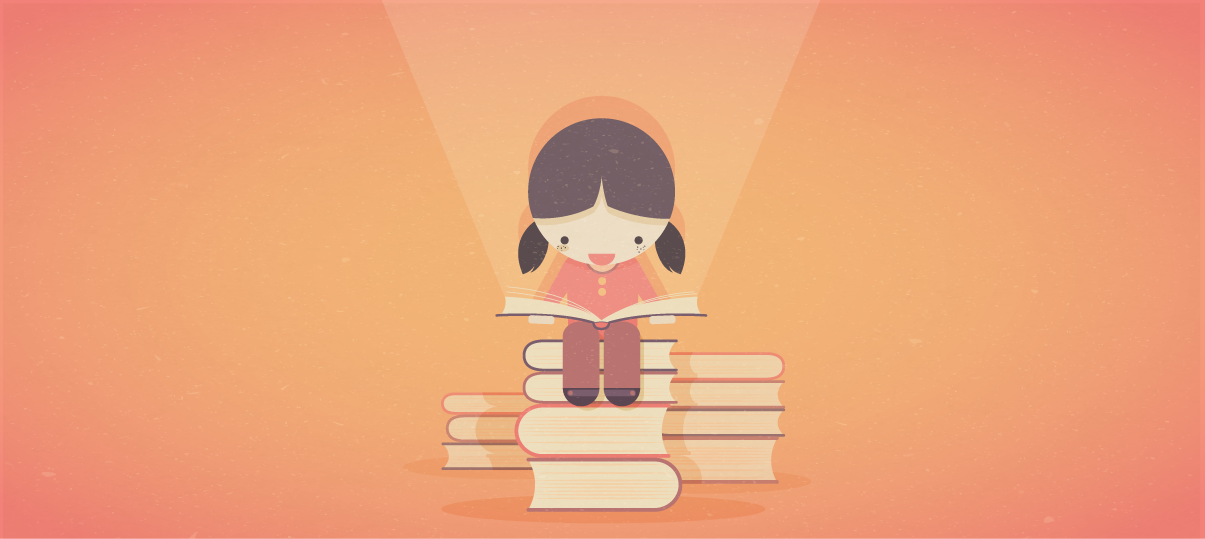Modern educators have come to the conclusion that each student requires attention at the lesson.
Moreover, every pupil has his own learning pace, percepts information in different ways and has an inclination to one or several subjects. That means that it is impossible to teach a dozen of students in one classroom and using the same methods and approaches and receive the same level of comprehension among all of them. That is why learning is getting more personalized today, and in this article, we will try to explain what exactly this kind of learning is and why it is worth shifting to it.

What is personalized learning?
According to the definition of US Department of Education, personalized learning is defined as an instruction in which both the learning pace and instructional approach correspond with the needs of every learner. The word “approach” in this phrase includes several meanings like learning goals, content, methods, materials etc. Every constituent part of the educational process should be relevant to every student, who should also be interested and initiative in learning.
That means that the main features of Personalized learning are:
- Adjustable learning pace;
- There is optimization of learning tools, approaches, materials, content etc.;
- Learners must be interested in what they are learning;
- They can choose the place, time, way how to learn;
- Technology is an important learning assistant;
- Such learning is meaningful, relevant and specific.
Personalized learning can be also called supportive as it aims at understanding and determining the most effective ways of study for each individuality. That results in engagement, interest, efficiency and high motivation - the main characteristics of effective learning.
Personalized learning process
So how does personalized learning work? The first thing that makes this way of learning different is the presence of the third party in the educational process. Apart from a teacher and a student it also involves some technical resources and systems that help both parties. That is why today not only researchers and scientist look for more effective educational approaches, but also developers and programmers. They have become an indispensable part of the learning process and put much effort to make it efficient.
The personalized learning process itself does not differ greatly from the general one. It includes the following characteristics that are also stages of the learning process:
- Every learner is a participant of the tailored learning process. That means that students attend whole-class or small group activities led by the teacher, learn in pairs, groups or individually and use digital devices at the lessons.
- The performance of each learner is measured depending on the type of activity he does. Sometimes it may be done with the help of technological devices or by the teacher.
- The established criteria are used for performance measurement. These might be correspondence with the learning goals, general requirements, quality of accomplishments etc.
- There is a personalized learning experience achieved either with the help of technology or teacher’s involvement.
- The learners’ performance is measured again to repeat the full learning cycle and compare results.
This general educational process allows seeing the results of learning more accurately, assign additional tasks to students who have coped with the general ones allowing other learners work in their own pace.

Key opportunities to make personalized learning highly effective
It is not always simple to accept novelties and new requirements. This concerns educators as well. Many teachers with years of experience do not wish to keep up with the modern educational trends, but unfortunately, it is a necessity. That is why here are 6 key opportunities to consider for everyone, who implements personalized learning for it to be efficient.
- Recognition of difference in each student’s learning pace and a path to knowledge perfection. You will never find two similar learners in one classroom. Each student was raised and acquired skills independently, he has different inborn talents, character traits, and features, so each of them is unique as well as his or her learning process.
- Consideration of student’s talents and skills to place him or her in the right place and increase their potential. School and college representatives should pay more attention to the new-coming learners to find them those classes and courses that will meet their skills and needs most of all.
- Design of the technology that will improve personalized learning efficiency, help students to evolve. Such technology should adapt to individual learner’s progress, make content alive and engaging.
- Maintenance of the learner’s engagement. The absence of motivation and interest will never bring about desirable results. That is the reason to inspire students and give them the initiative to achieve the learning success easily and quickly.
- Consideration of every learner’s strengths and weaknesses for teacher empowerment. Teachers can find suitable technology to make the most of learning for everyone.
- Improvement of the learning outcomes. Every teacher is happy to see the result of his or her efforts especially if it is even better than it used to be. Personalized learning allows teachers to be proud of themselves and see that their efforts were not useless. That also gives even more motivation to achieve higher results and look for new opportunities.
Benefits of personalized learning
There are several reasons why personalized learning has become so popular nowadays. Educators have appreciated its benefits that include:
- Better students engagement and absence of disconnection between teachers and pupils. It is achieved by consideration of each pupil’s interest and implementation of technology at the lessons.
- Facilitation of project-based learning. It inspires students to research, analyze, work in pairs, teams and interact with the principles of the certain subject.
- Differentiated learning. All students can highlight their abilities no matter if they have excellent grades or receive satisfactory ones.
- There is time for every learner to show off his or her mastery on the topic.
- Learners are given a choice and that contributes to their ability to develop mindsets, strategies, learning behaviors.
- Both interest and assessment can be easier to achieve with the technology assistance.
- Some gaps in learning are much easier to bridge using individual tools.
- Every student gets teachers’ attention in the amount he or she requires.

Personalized learning is a step forward in general education as it takes into account necessities of every learner in the classroom. With its implementation, there won’t be a division for superior and weak students as everyone completes tasks in accordance with his or her abilities. That means that schools will have fewer problems with pupils, who can’t keep up with other classmates while skillful learners will not have to sigh at the lessons listening to as it may seem for them common knowledge.
Originally published at Personalized Learning: Does It Really Matter?

Комментарии
Отправить комментарий